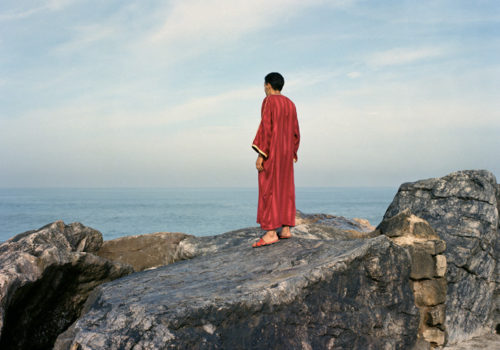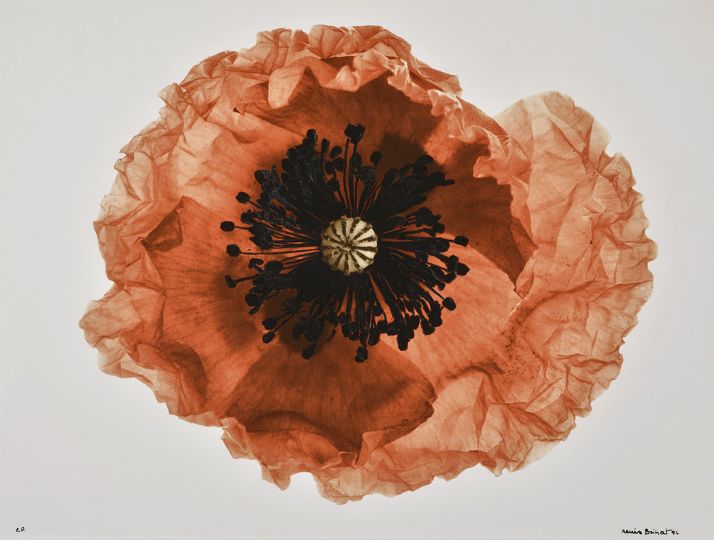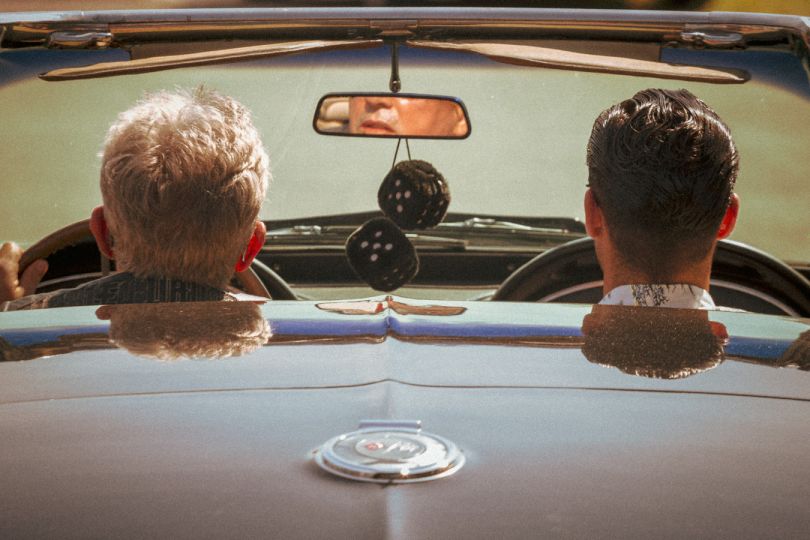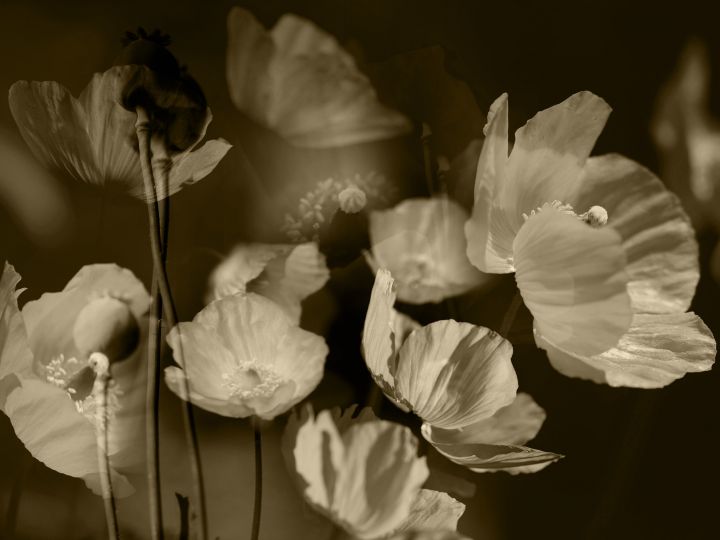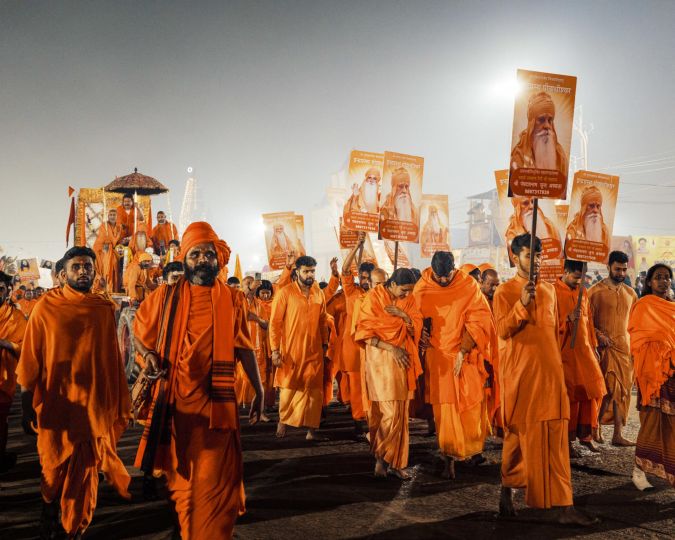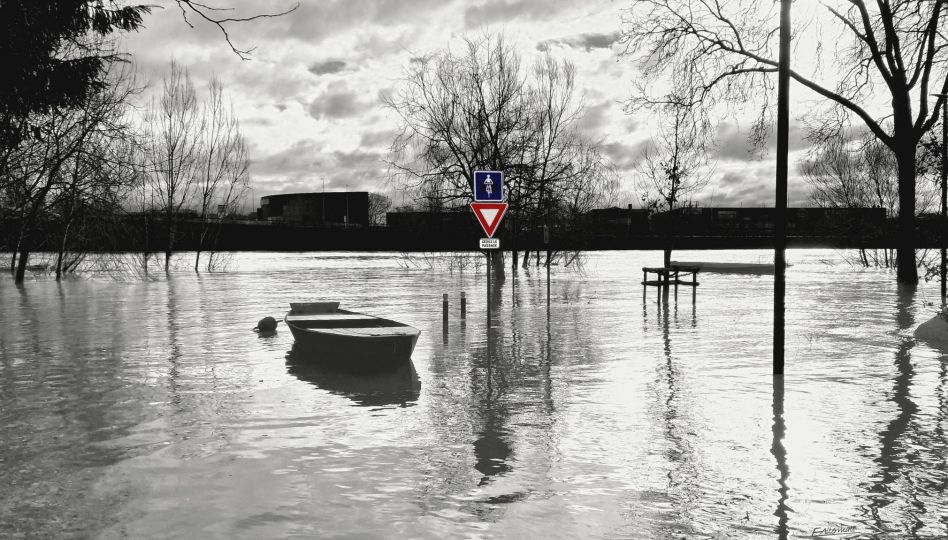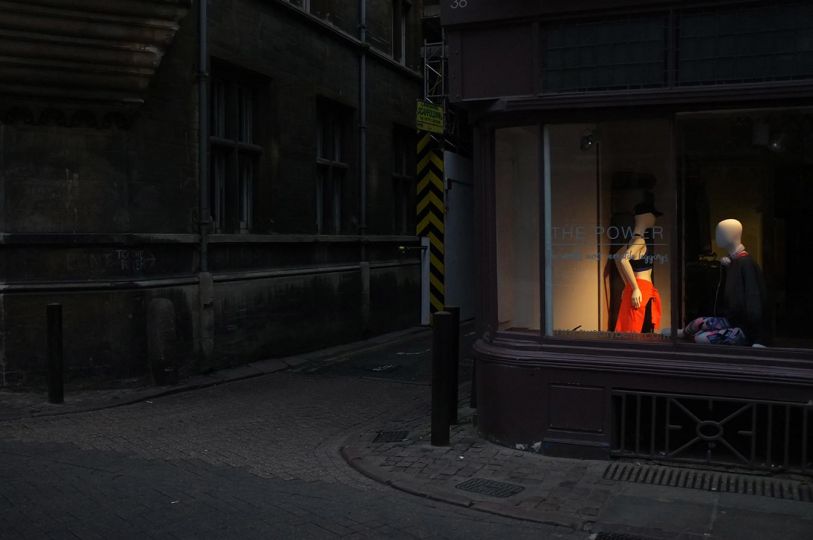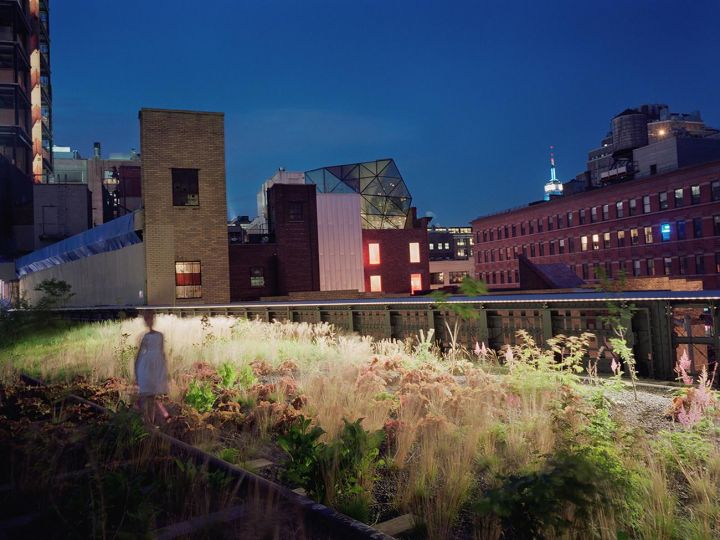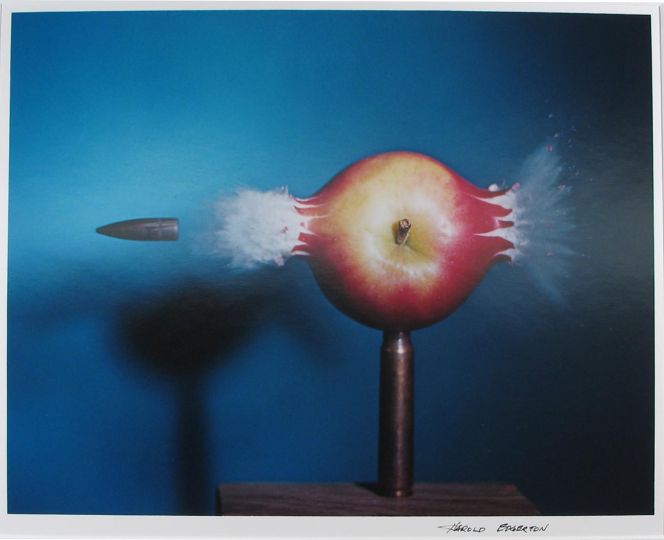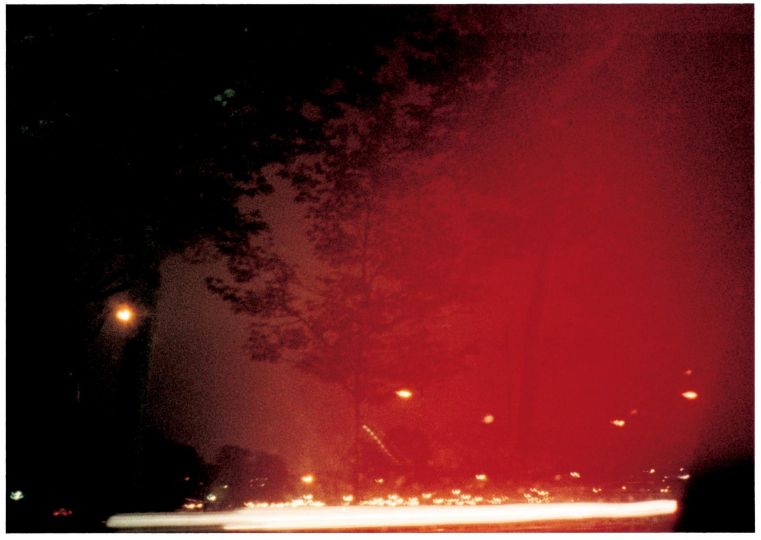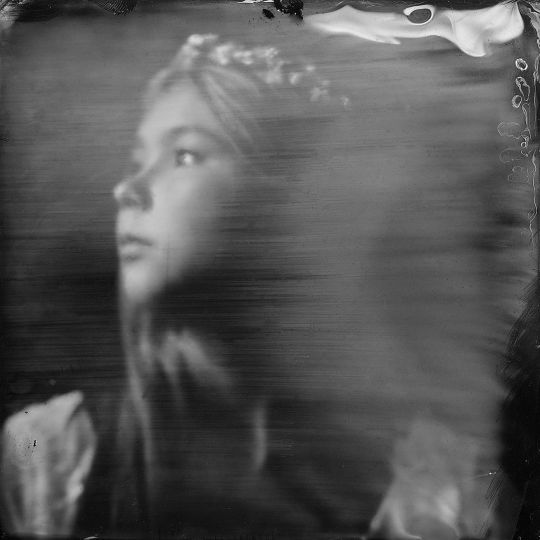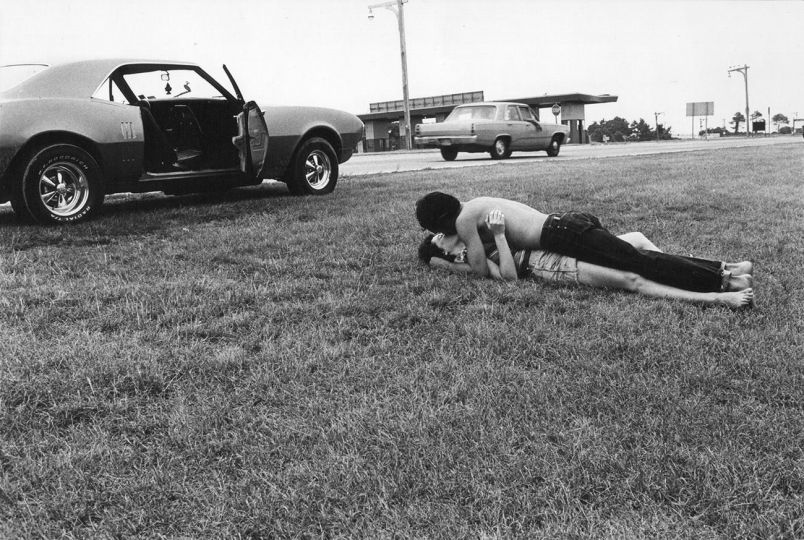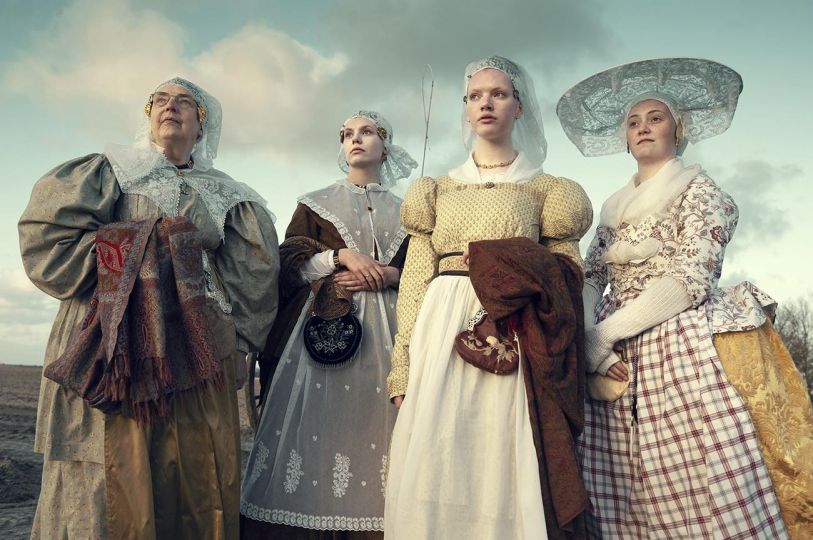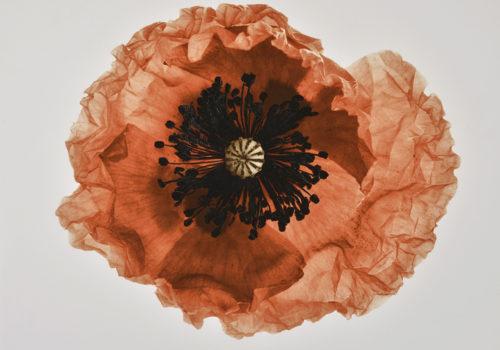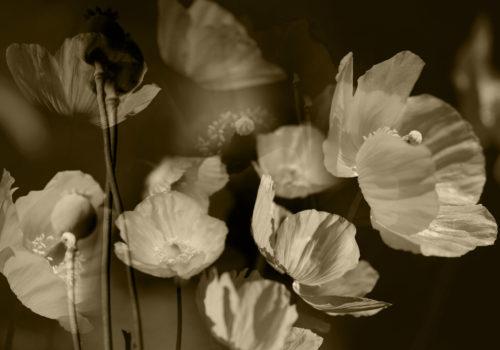The Arab word el bahr means the sea, as well as the beach. In Casablanca, Tangier, Rabat, Essaouira, and other Moroccan cities, Marco Barbon photographs one or two persons at a time, men or women, facing the sea, their backs turned to the viewer. Although we cannot see their eyes, we can sense their gaze wandering across the expanse of the sea, towards the horizon. Despite the proximity of the sea, the shore is rather unwelcoming. Walls, concrete barriers, and crude piles of rock are hardly invitations to swimming or sunbathing, or even taking a seaside stroll. The setting may only be favorable to mind-wandering. Those who come to contemplate the sea are there to meditate in seclusion. They dream of traveling or recall with nostalgia their loved ones, friends, or family who has departed overseas.
As Marco Barbon writes: “The sea represents for those people an open space where they forget their everyday sorrows or chase away their demons, reminisce, and give free rein to their imagination: el bahr is a territory of the soul. However, it is also a symbol of a better world, imagined and ever present in their minds: an insurmountable surface, a cruel obstacle that separates them from their loved ones who have left to seek their fortune elsewhere (this is why, looking at these enigmatic and often solitary figures, one can detect a sense of expectation, perhaps hope).”
Irène Attinger
Irène Attinger is head of the library and bookstore at the Maison Européenne de la Photographie in Paris.
Marco Barbon, El Bahr
Published by Éditions Filigranes
€30

